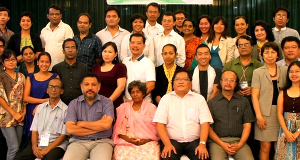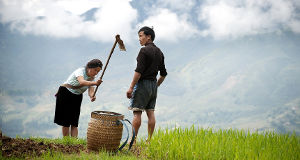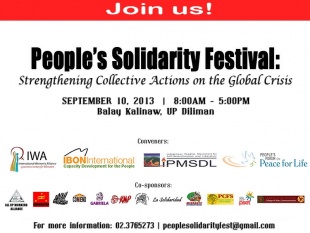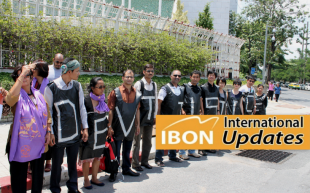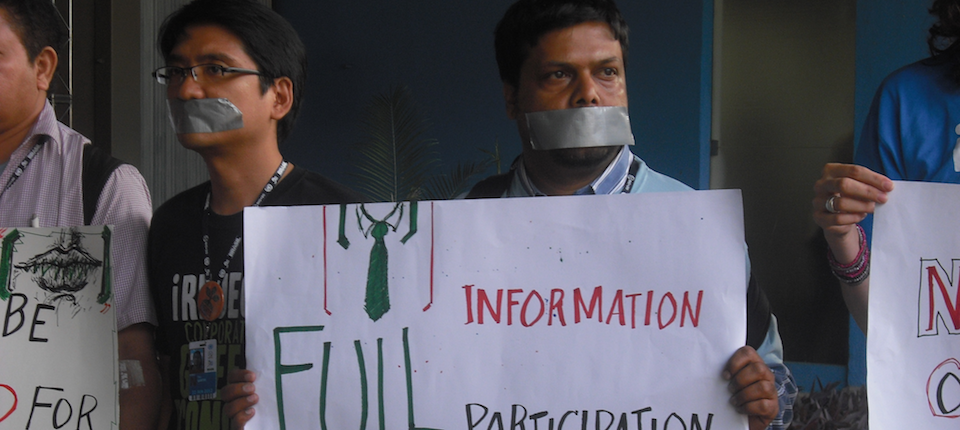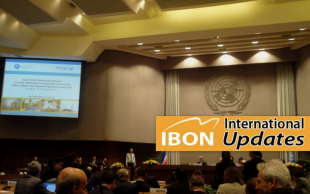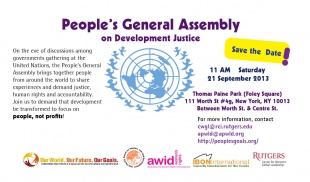
Addressing structural issues behind poverty, hunger malnutrition remain absent
Four years after the UN Committee on World Food Security (CFS) reform process started in 2008, it remains to be seen whether it has learned its lessons well. At the annual CFS 40th session being held this week, discussions on responsible agricultural investments, biofuels, and the post-2015 development agenda are among the key issues taking center stage.
